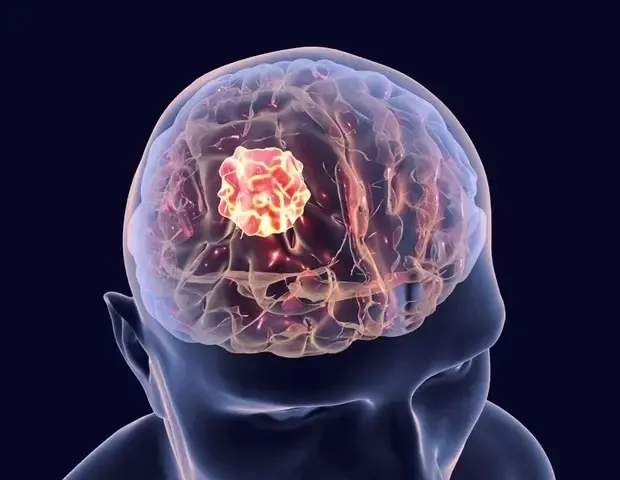Israeli Scientists Create AI Tool to Decode Cell Drug Responses

Synopsis
Key Takeaways
- AI tool scNET analyzes cell responses to drugs.
- It uncovers hidden biological patterns.
- Enhances understanding of T cell behavior.
- Facilitates drug development processes.
- Integrates single-cell sequencing with gene interaction networks.
Jerusalem, April 2 (NationPress) Israeli researchers have unveiled scNET, an innovative AI tool designed to analyze how cells respond within varying biological environments, particularly their reactions to drug therapies.
Unlike conventional sequencing methods, scNET effectively filters through data noise to uncover concealed biological patterns by integrating single-cell gene data with gene interaction networks, as reported by the team from Tel Aviv University, according to Xinhua news agency.
In experiments targeting immune T cells, essential for combating cancer, scNET successfully identified how cancer treatments enhanced the cells' capability to eliminate tumors—a subtle influence previously obscured by data noise.
“scNET merges single-cell sequencing data with networks that illustrate potential gene interactions, akin to a social network, providing an overview of how diverse genes may influence and interact with one another,” explained Ron Sheinin, a doctoral candidate at the university.
“scNET facilitates the precise identification of existing cell populations within the sample. Consequently, it enables the exploration of the collective behavior of genes under various conditions and uncovers the intricate mechanisms that define a healthy state or treatment response,” Sheinin further elaborated.
In their research, the team centered on a subset of T cells.
“scNET unveiled the impacts of treatments on these T cells and how they increased their cytotoxic activity against tumors, a discovery previously unattainable due to the high data noise levels,” the researchers stated in their publication in Nature.
This tool holds the potential to expedite drug development and enhance the understanding of diseases.
The researchers underscored the role of AI tools like scNET in decoding intricate cell behaviors and formulating targeted therapies.
“This exemplifies how artificial intelligence tools can assist in interpreting biological and medical data, enabling us to acquire new and vital insights,” the researchers concluded.









